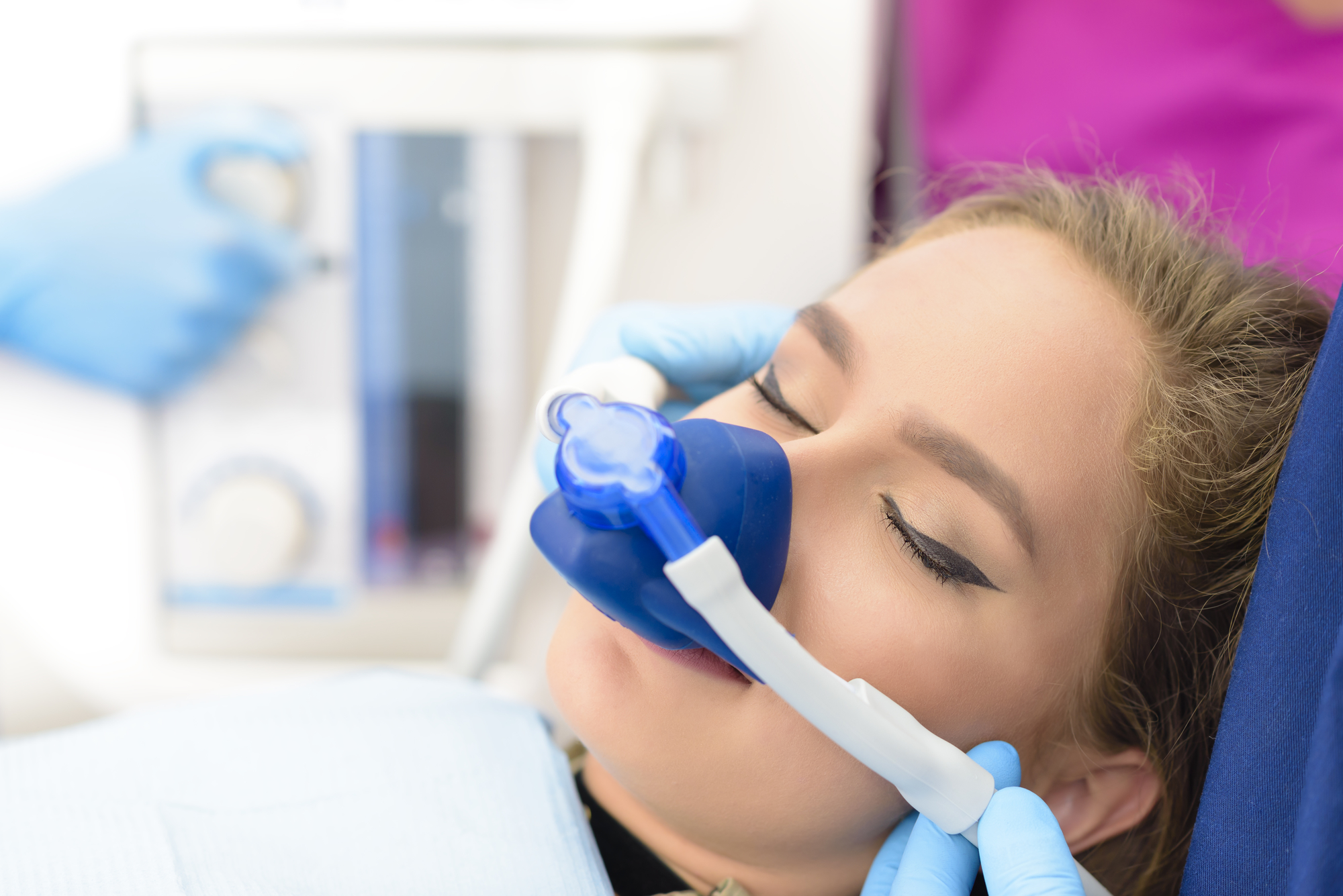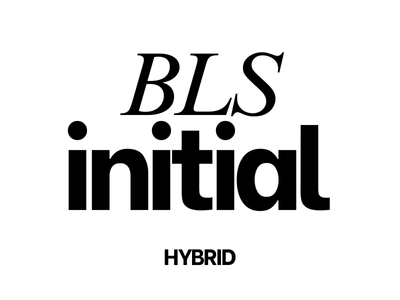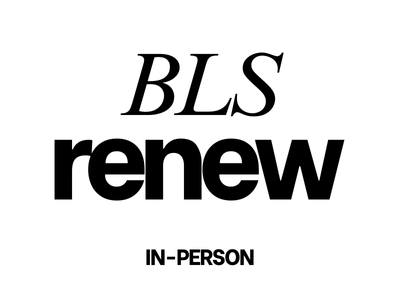Description

Adult Level 1 Permit Renewal for Dentists
This continuing education program satisfies rule 110 by the Texas State Board of Dental Examiners, and other state dental boards, requiring that all practitioners, in order to keep their parenteral sedation permit current, document successful completion of a continuing education course every 2 years.
The Adult sedation recertification reviews assessment of patient physical status, focused physical exam, and various other medical considerations for enteral sedation. Pharmacology, physiology, and patient screening are heavily emphasized in the curriculum. Definitions of different levels of sedation continuum (Minimal, Mild, Moderate, Deep) are reviewed through clinical videos of patients going through each level. This continuing education program is completed with airway management of a sedated patient; office based medical emergencies and drug box assembly. Our interactive didactics along with simulated case scenarios using manikins produce a stress free team-learning environment where practitioners develop the knowledge and skills necessary to become proficient sedation providers.
This program includes didactic instruction and a hands on skills workshop in airway management utilizing simulation and multiple airway devices, in addition scenarios will be constructed and participants will be asked questions in regards to managing medical emergencies.
COURSE OBJECTIVES
At completion of this course participants should be able to:
- Identify the roles and responsibilities of each sedation team member
- Describe the standards and regulations as related to office based anesthesia and analgesia
- Describe and utilize the necessary monitoring and emergency equipment required
- Demonstrate airway management using multiple devices
- Describe related pharmacology of sedatives, reversal agents and emergency medications
- Describe appropriate monitoring and documentation
- Develop acceptable recovery & discharge protocols
- Understand the latest recommended guidelines from the American Dental Association (ADA) for conscious sedation
- Enable attendees to create office emergency kits and systems that all clinical staff can use to manage both common and uncommon emergent events
- Review the relevant pathophysiology of emergency situations to aid in understanding solutions and interventions
- Establish standardized roles and responsibilities for both doctors and auxillaries that enable effective team function during stressful situations


